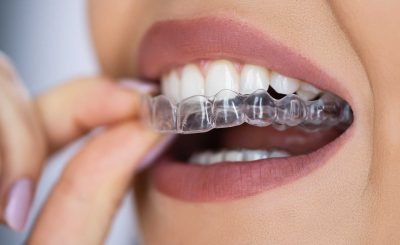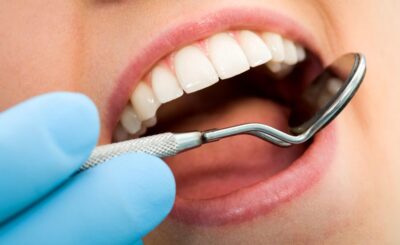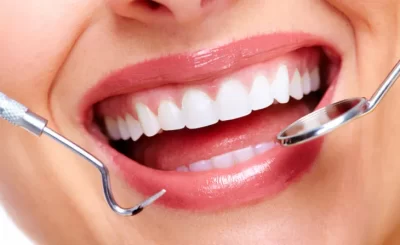A lot of parents worry that their child’s thumb-sucking habit could hurt their teeth. The good news is that sucking your thumb once in a while or for a short time generally does not hurt you in the long run.
But sucking your thumb all the time, especially after your adult teeth come in, can cause your teeth to shift out of place and cause problems with your mouth. If you are worried about your child’s oral health, you might want to consult with pediatric dentistry for Gainesville kids.
How thumb sucking can affect the teeth.
When a kid sucks on their thumb, it puts pressure on their teeth and mouth all the time. This force can move the teeth out of place, which can cause crooked teeth or an overbite or underbite. In the worst cases, it can change the shape of the roof of the mouth.
Age also plays an important role.
Tips to encourage healthy oral habits in your children.
To help your child stop sucking their thumb, here are some ideas:
- Positive reinforcement: As a form of positive feedback, praise your child when they do not bite their thumb.
- Offer distractions: Give your child something else to do. If you see them sucking their thumb, gently guide their attention to a toy or activity that will keep their hands busy.
- Talk to your kid: Tell your child in simple terms how sucking their thumb can hurt their teeth.
- Plan regular trips to the dentist: Dentists can keep an eye on your child’s teeth and jaw growth and help right away if any problems show up by doing regular checks.
When your child sucks on their thumbs, you should talk to your doctor. They can look at your child’s specific situation and give you advice on how to deal with it.
Keep in mind that early help is very important! Helping your child stop sucking their thumb as soon as possible will make it less likely that they will have teeth problems. 
Types of dental problems that are caused by thumb sucking.
- Overbite: The upper front teeth stick out too far forward, making an overjet. This could make it hard to chew and bite, and it might also look bad.
- Underbite: The lower front teeth stick out too far forward, making an underjet that can be seen. This can make it hard to speak, chew, and even look good in general.
- Open bite: If you have an open bite, your front teeth do not touch when your mouth is closed. This can make it hard to chew, speak, and keep your face looking good.
- Crossbite: The top and lower teeth do not line up properly, which makes the bite out of place. This can make it hard to chew, talk, and keep your jaw joint healthy.
- Narrow palate: The roof of the mouth is not wide enough, which can make it hard to speak, breathe, and see how the face grows.
It is important to consult a professional.
Long-term thumb sucking can make it hard to speak, raise the risk of getting an infection, and lead to tooth loss. It can also spread germs in the mouth, which can cause gingivitis and tooth loss.
Misalignment in teeth can cause digestive problems and vitamin shortages. Stopping thumb sucking early can keep damage from getting worse and straighten teeth. Speech therapists can help people who have trouble speaking because they suck their thumbs.
If a child keeps sucking after early childhood, they need to stop right away to avoid major tooth problems and improve their mouth health. For more information, talk to a pediatric dentist or orthodontist.








